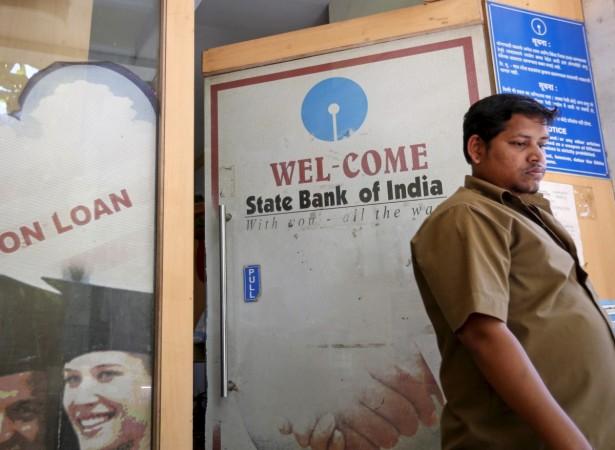
Global rating agency Standard & Poor's (S&P) said on Wednesday that a rise in capital needs of public sector banks in the wake of higher provisioning for bad loans may lead to downgrades of their ratings.
The rating agency has downgraded Bank of India to "negative" from "stable," while keeping Indian Overseas Bank on "CreditWatch" with negative implications.
"Any sharp deterioration in asset quality could further weaken banks' credit profiles," Press Trust of India quoted S&P as saying in a report.
State-owned lenders may struggle to raise capital due to weak growth, it said, adding that they are in a "weaker position" compared to their peers in private sector in terms of capitalisation.
"In our view, Indian public sector banks may find it difficult to raise capital, given their currently weak operating performance, which makes it difficult for them to access the equity capital markets," said S&P credit analyst Deepali Seth.
With massive provisioning for bad loans weighing on their performance, many public sector lenders have reported combined huge losses of over Rs 12,000 crore for the December quarter. Top banks like State Bank of India (SBI) and Punjab National Bank (PNB) saw their profits plunge in the quarter.
SBI, the country's biggest lender by assets, reported a 62 percent drop in its net profit for the December quarter, as it had to make higher provisions to cover bad loans. Punjab National Bank (PNB), India's second-largest state-owned bank, posted a 93 percent fall in its profit for the December quarter as it had to allocate additional funds for bad loans.
S&P has retained "negative" outlook for Syndicate Bank, while maintaining a stable outlook for IDBI Bank despite its highest ever loss of Rs 2,184 crore in the October to December quarter.
IDBI Bank's gross non-performing assets (NPAs) of the bank increased to 8.94 percent in the quarter from 5.94 percent in the corresponding quarter of last fiscal. The bank's provisions for bad loans tripled to Rs 3,302 crore in the quarter.













